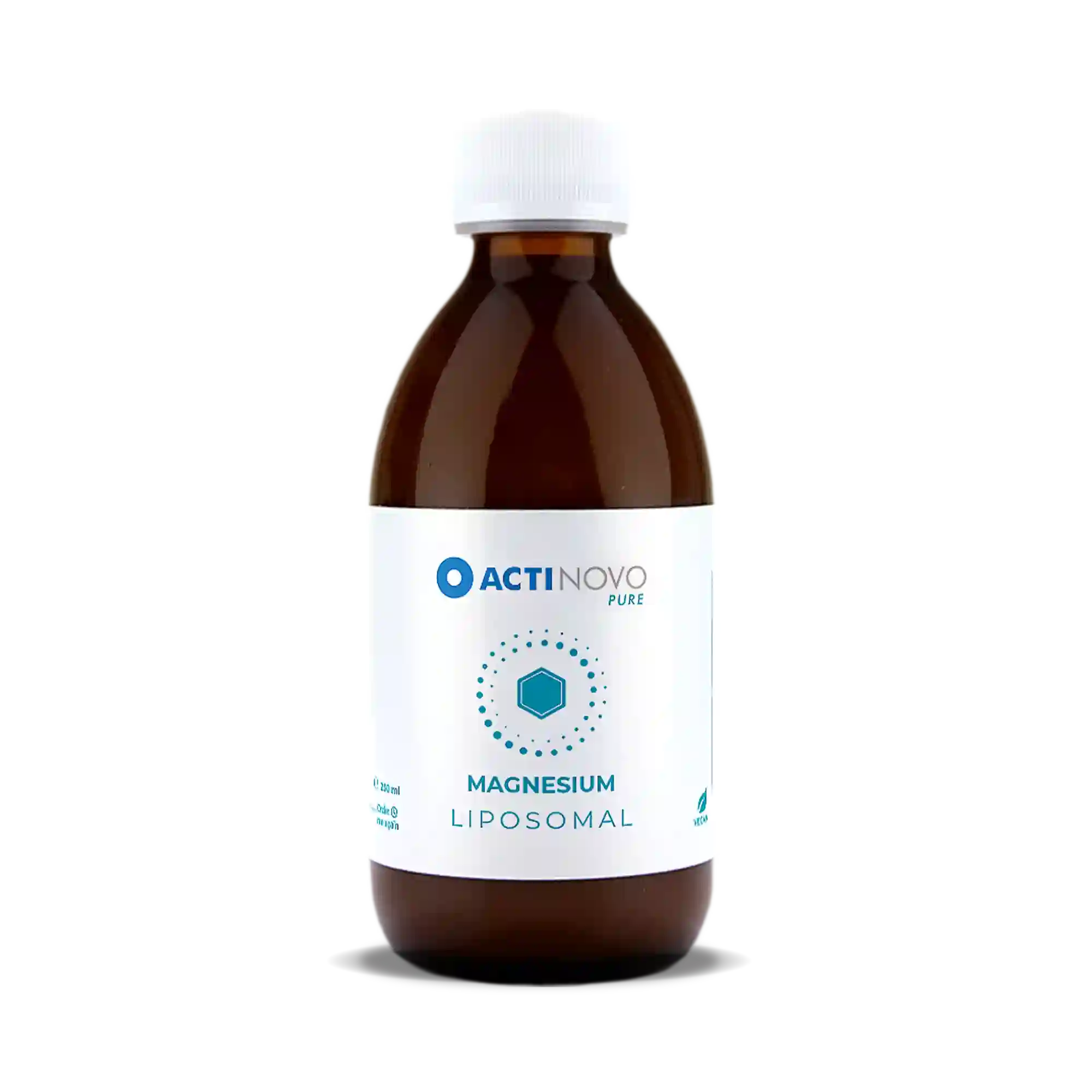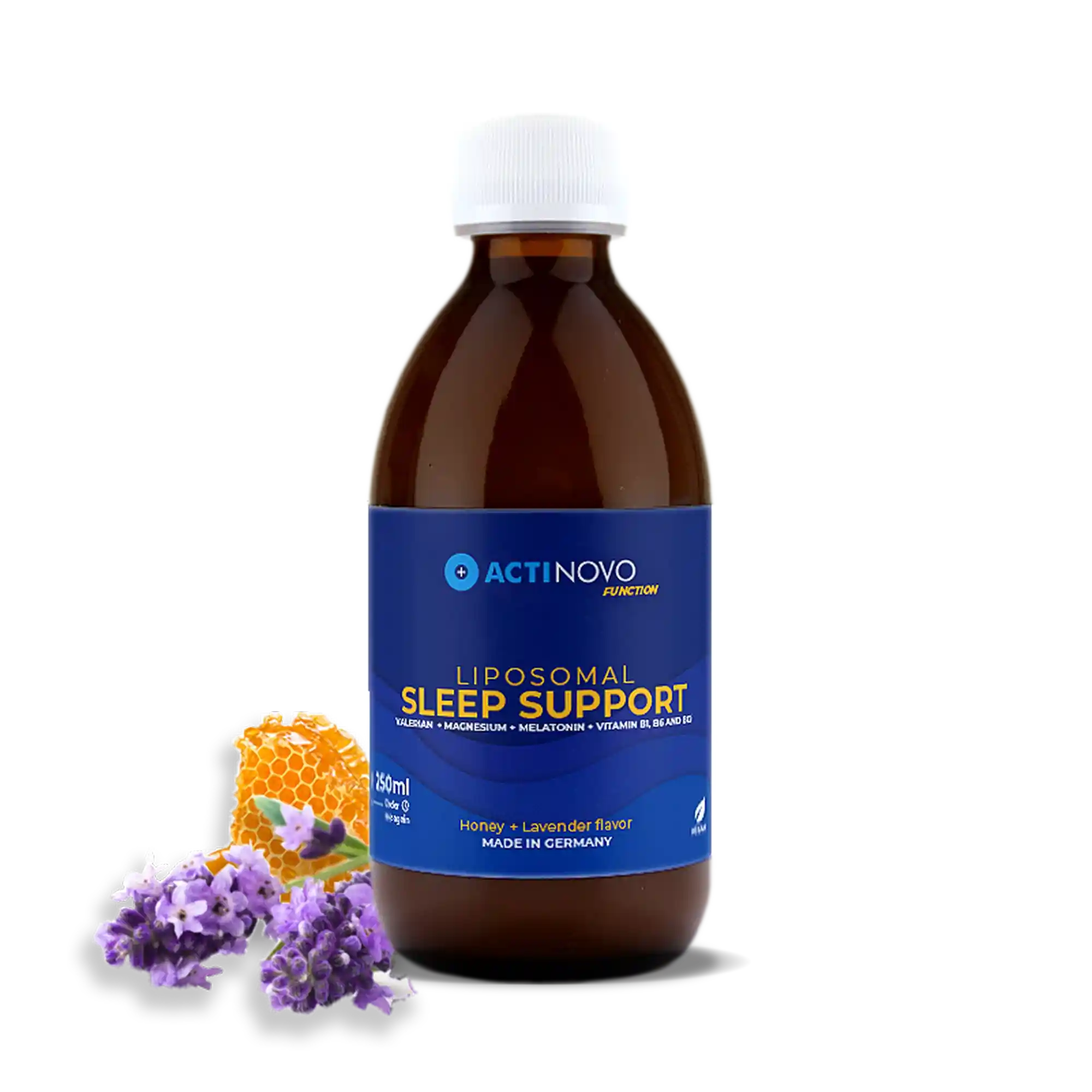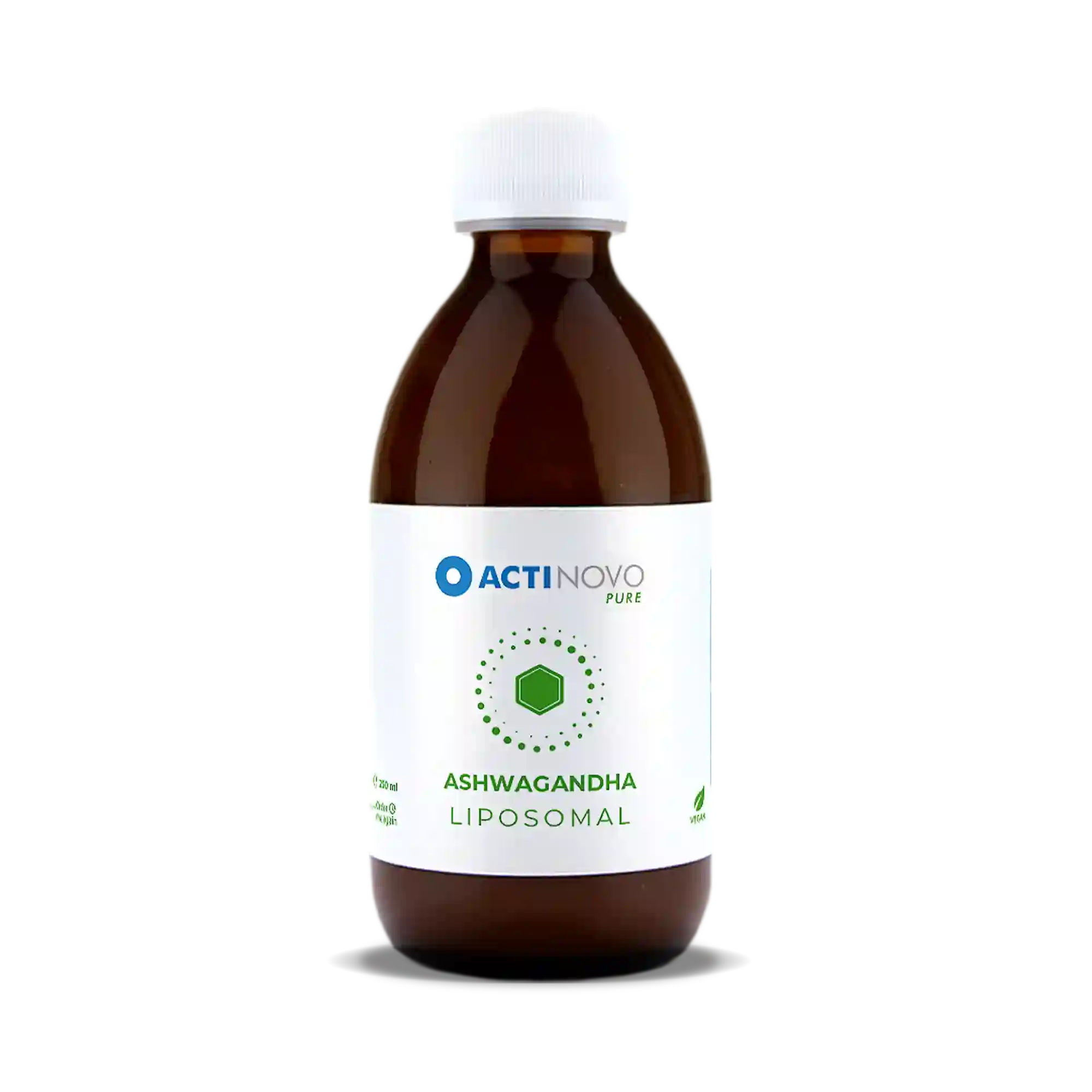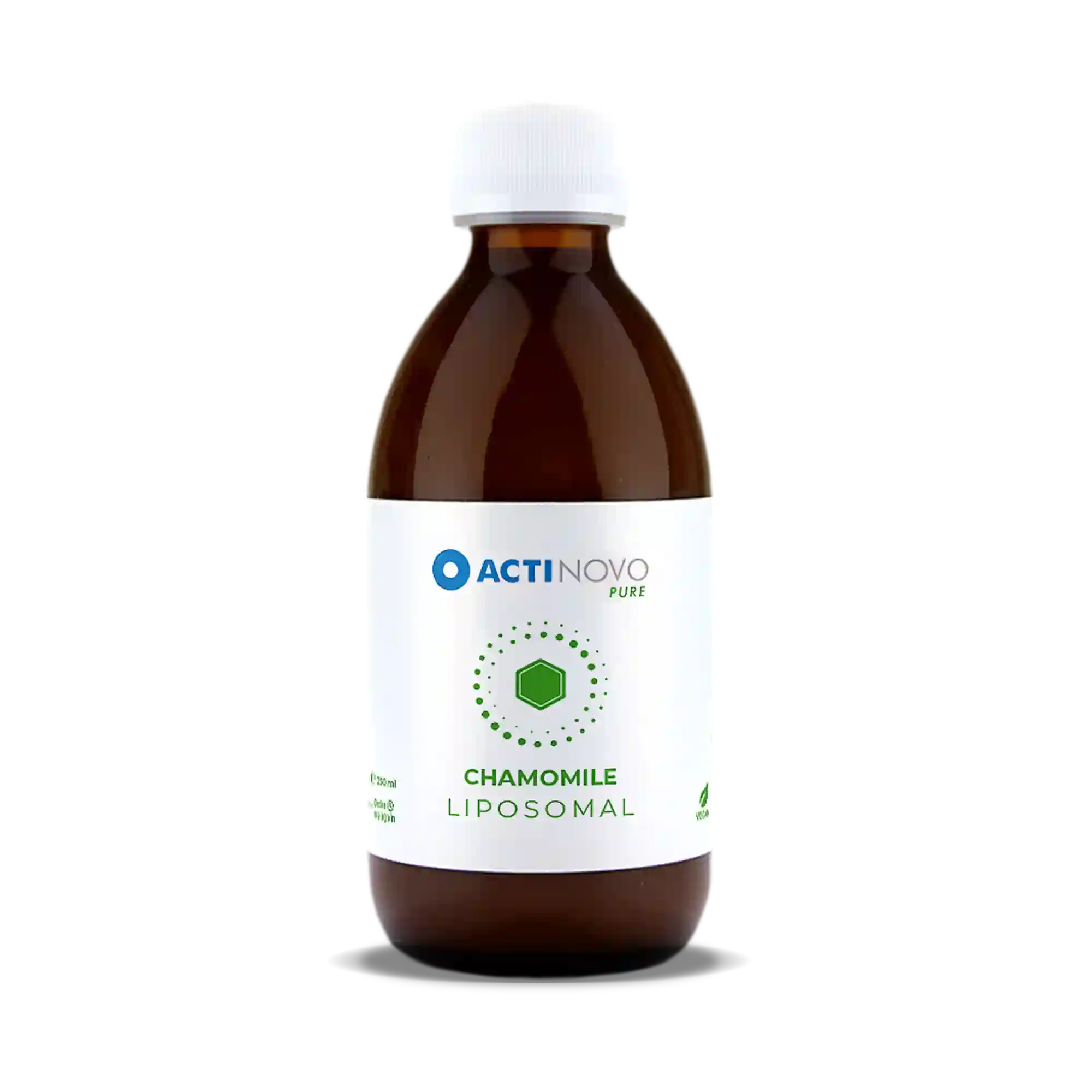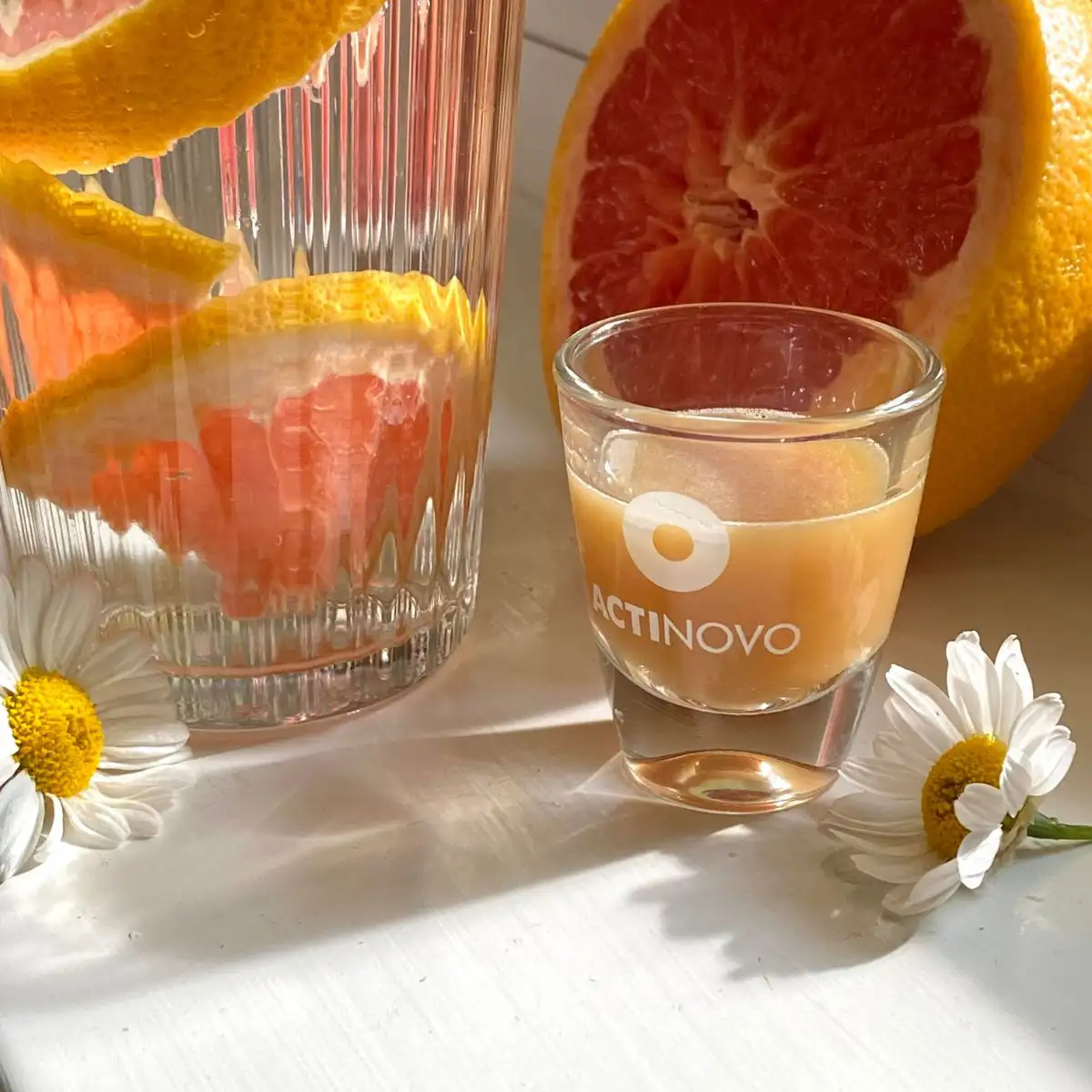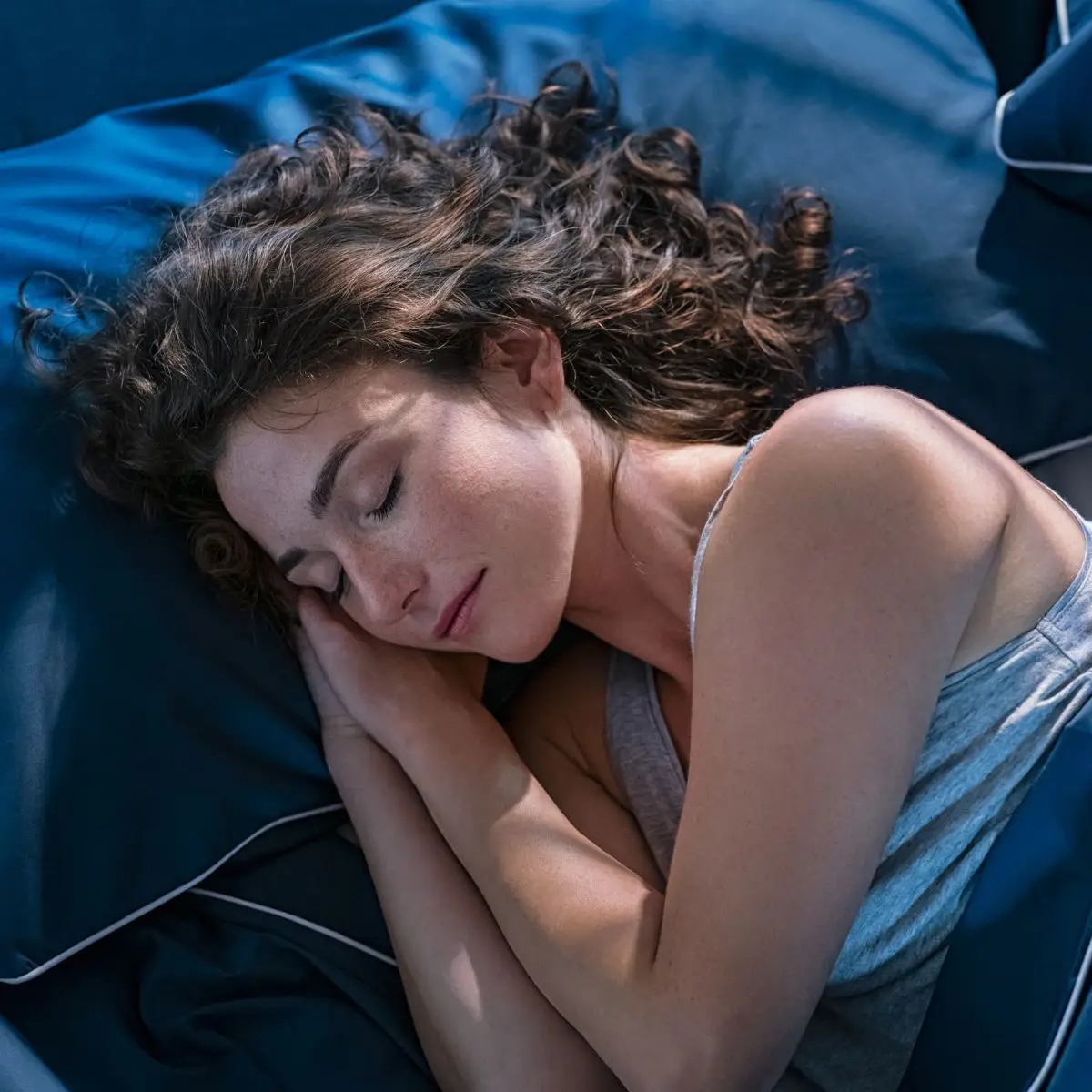
How to naturally achieve better quality sleep
We are all familiar with the routine: wake up, scroll on your phone, then begrudgingly get out of bed. You drink coffee throughout the day to try to stay alert. At the end of a long day, you toss and turn in bed, scroll through social media, and inevitably feel exhausted the next day.
Does this sound familiar to you? If yes, you are not alone.
What will you learn in this article?
1. Sleep Problems are common
2. Seven Tips on how you can improve your sleep
2.1 Physical Activity
2.2 Magnesium Intake
2.3 Screen Time
2.4 Melatonin Supplementation
2.5 Consistent Sleep Pattern
2.6 Natural Sleep Supplements
2.7 Evening Reflections
1. Sleep Problems are common
According to the 2021 Statista Global Consumer Survey, 38% of people in Germany sleep for only 4-6 hours per night. More alarmingly, 6% of the population sleeps for less than 4 hours per night. This is concerning because many experts recommend getting at least 7.5 hours of sleep per night.
Sleep disorders are also quite common. According to another Statista survey, 43% of people in Germany report suffering from a sleep disorder [1].
It is no wonder why sleep disturbances are becoming an increasingly concerning problem in our society: we live hectic lives, we experience more stress and anxiety, and we fall asleep staring at the blue light of our phones or laptops. Trouble sleeping can result in fatigue at work, lack of concentration, mood disturbances, and can even contribute to chronic health problems.
Thankfully, a good night’s sleep is not out of reach. With a few small lifestyle changes and remedies, you can be on your way to having naturally better sleep. In this article, we collected some helpful sleep hacks for you.
2. Seven Tips on how you can improve your Sleep
2.1 Physical Activity
People are less physically active nowadays. Working from home, working desk jobs, and lack of time for sports all contributes to this lack in physical activity. Increasing movement is one of the most simple ways to improve sleep quality.
Research has shown that regular exercise can improve quality of sleep by up to 65% [2]. People who exercise are found to fall asleep faster and sleep for an overall longer period of time [3].
There is a persistent myth that adding more exercise to your routine may interfere with sleep. Studies have found no negative effect of exercise when you leave at least 4 hours between physical activity and bedtime. A light workout or even a simple evening walk one hour before bedtime usually has no negative effects [4].
Studies have found that those who exercise are in the deep sleep phase for a significantly longer period of time. Resistance exercise is more effective for improving sleep quality than endurance exercise [5]. Muscles are stimulated more with resistance exercises. Perhaps this causes a stronger message to the brain that the body needs sleep for muscle healing.
Sleep hack:
Aim for at least 15-20 minutes of physical exercise each day. Do not participate in strenuous cardiovascular exercise within 4 hours of bedtime, and increase resistance training.
2.2 Magnesium Intake
Magnesium is an essential mineral for energy production, muscle function and function of the nervous system. A deficiency in magnesium has been known to limit sleep quality. 26% of men and 29% of women in Germany do not reach the recommended daily magnesium intake according to DACH reference values [6].
Research finds that people with well-filled magnesium stores can fall asleep faster and sleep better throughout the night. A magnesium deficiency, on the other hand, is linked to sleep disorders [7].
Mental stress can even lead to magnesium deficiency. In our fast-paced society, stress contributing to lack of sleep is becoming more common. Therefore, adding additional magnesium through dietary supplementation could help with muscle relaxation, stress reduction, and improved quality of sleep.
Discover more about magnesium here.
Sleep hack:
Take a daily magnesium supplement for sleep and muscle relaxation.
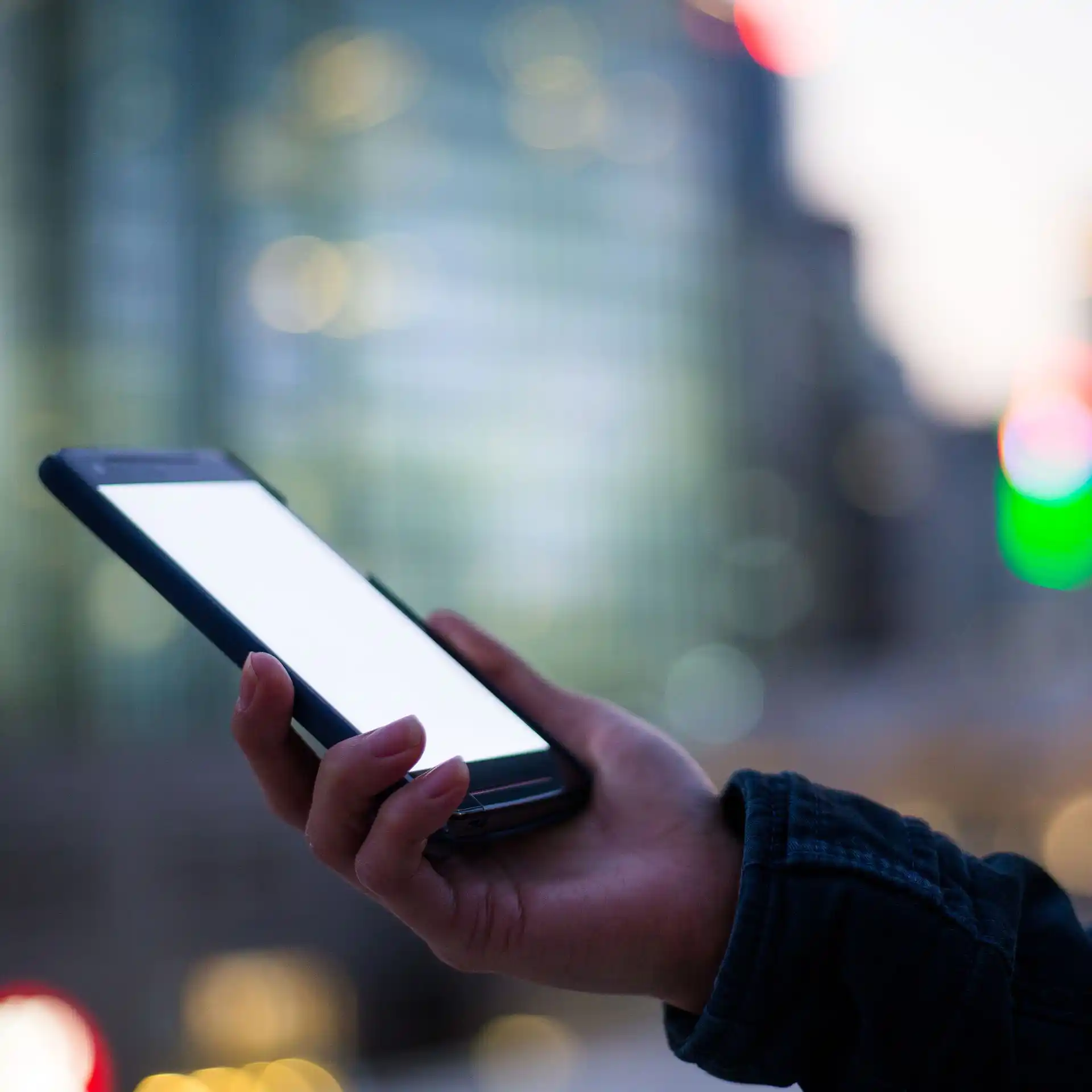
2.3 Screen Time
Do you find yourself scrolling through social media or watching television before falling asleep? According to a German Survey, 83% of all working individuals watch movies and television shows before falling asleep. 68% of working people report taking care of personal errands on their laptop or smartphone before falling asleep [8].
The seemingly harmless act of scrolling through Instagram or watching Netflix before bed can actually affect sleep quality. This is due to artificial blue light released by electronic devices.
Light from the sun ranges in composition from red light waves to blue light waves. Blue light waves are dominate during the middle of the day, when we are all supposed to be awake. Our biological sleep-wake rhythm associates blue light with needing to stay awake.
Our televisions, smartphones and computers are rich with blue light. This light can disrupt our sleep rhythms and we can unknowingly confuse nighttime with daytime [9].
Studies have found that tablet and smartphone use in the evening can reduce melatonin production significantly [10]. Melatonin is the hormone that regulates our sleep-wake cycle, and a deficiency can lower sleep quality. Overall, give your brain a break and put your phone away before going to sleep.
Sleep hack:
Do not use any electronic devices at least 1 hour before going to bed.
2.4 Melatonin Supplementation
Melatonin is one of the best supplements for sleep quality. This hormone is a critical regulator of our sleep-wake cycle.
The release of melatonin signals that it is time to fall asleep. The hormone is not released during daylight hours, because this is when we are awake.
Melatonin rises in the evening when the sun sets, signaling that it is time for sleep.
Melatonin is particularly important for the rapid eye movement (REM) sleep phase. This is the phase when we dream and when the brain focuses on processing memories, emotions, and healthy brain development. Most melatonin is produced from serotonin in the pineal gland [11].
We all naturally have melatonin production, but some people can have a lower level of melatonin in the body. As we age, natural melatonin production decreases. Jet lag, changing time zones, insomnia, and night shift work can affect melatonin production and sleep quality. For this reason, natural melatonin supplements for sleep are becoming more popular.
Studies have found melatonin supplements can significantly shorten the time it takes to fall asleep and improve daytime wakefulness in participants with insomnia. No withdrawal symptoms, side effects, or feelings of tiredness were noted the next morning [12]. A dose as small as 0,5mg of melatonin per day can be very effective in improving sleep quality.
Sleep hack:
Take a small dose of a melatonin supplement 1-2 hours prior to bedtime to shorten the length of time it takes to fall asleep.
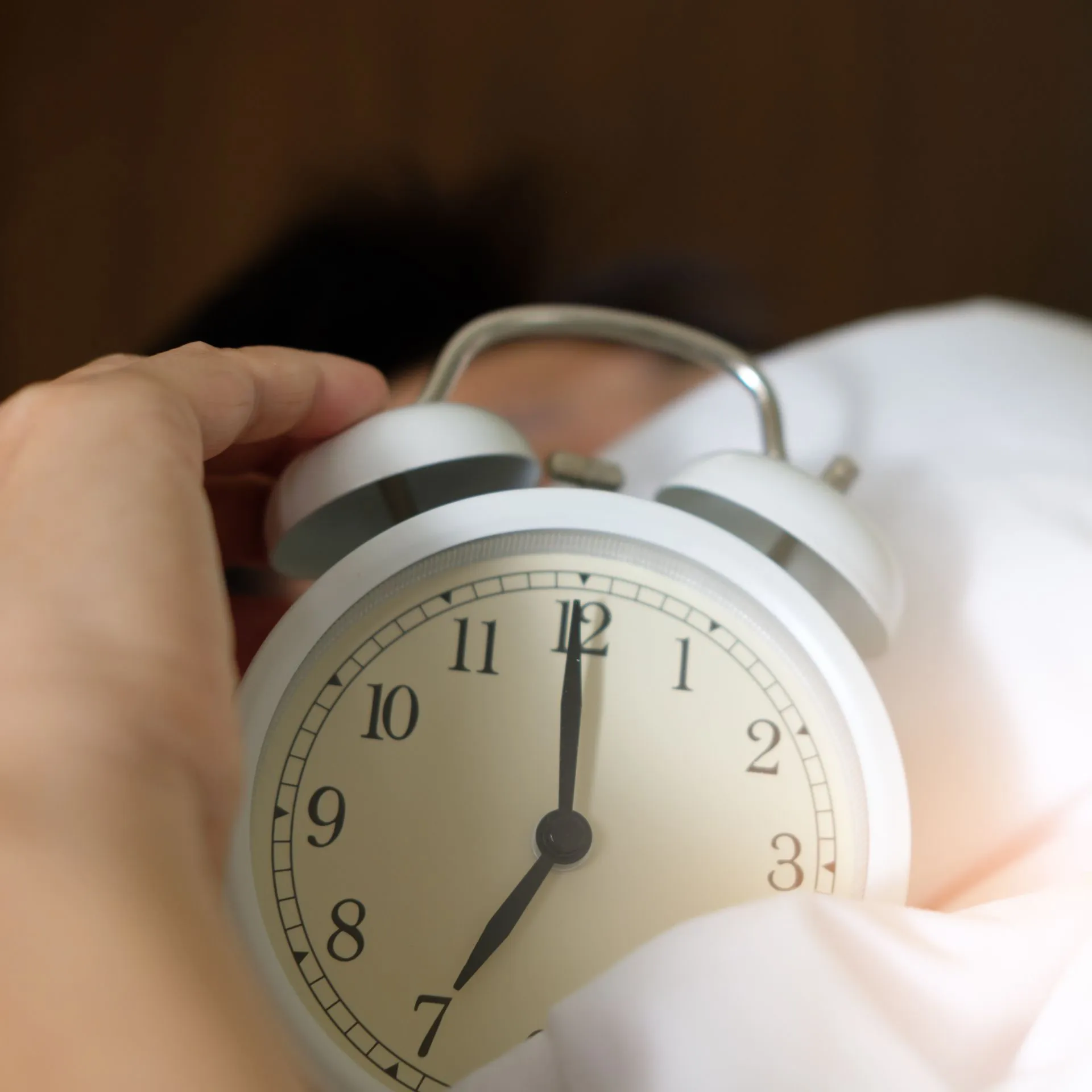
2.5 Consistent Sleep Pattern
Each of us has an internal, biological clock that regulates body temperature, metabolism, hormones, and our sleep-wake cycle. This is called our circadian rhythm. This rhythm follows the natural rising and setting of the sun.
When we have excessive stress, work long hours, drink more caffeine, and spend more time on our phones, our natural circadian rhythm can be disturbed. People who have disrupted circadian rhythms and sleeping patterns can experience slower metabolism, weight gain, and even cardiovascular disease [13].
Some people describe themselves as a “morning person” or a “night person.” These descriptions are based on our own individual DNA that determines our internal sleep rhythm. Regardless of individual differences, maintaining a consistent sleep pattern is helpful for getting more restful sleep and reducing the stress hormone cortisol [14].
Many people wonder if there is an ideal time to fall asleep and wake up. Experts report that specific time does not matter. If you feel well rested, then that is a good sleeping pattern for you.
Sleep hack:
Keep with a consistent sleep schedule that works for your body. Pro tip: keep a sleep journal or use a sleep tracker to have data on your sleep quality.
2.6 Natural Sleep Supplements
Some of the best sleep supplements come from nature. There are many different herbal remedies that support better sleep and help you wake up feeling refreshed.
The herb valerian root is one example of a natural sleep aid supplement. Taking valerian produces a relaxing, anxiety relieving, and sleep promoting effect. This herb affects a neurotransmitter called GABA. This neurotransmitter has a calming effect on the body. Valerian is a natural sleep supplement that works, especially with menopausal and post-menopausal women [15].
Chamomile is another natural, herbal remedy that has sleep promoting effects. The primary active ingredient in chamomile is called apigenin. Apigenin also works on GABA to increase the neurotransmitter in the brain, induce sleep, and increase overall relaxation. More research in humans is required, but there are animal studies that show apigenin can improve sleep quality and prolong length of time asleep [16]. Learn more about chamomile here.
The adaptogen from Ayurvedic medicine, Ashwagandha, is frequently used for stress-related sleep disorders. Ashwagandha is also known as the sleeping berry. It is often used for stress-related sleep disorders. A study discovered that participants who took ashwagandha supplements showed significant improvement in sleep and mental alertness after 8 weeks [17]. Chronic stress during daily life can cause an increase in cortisol, the body’s stress hormone. An increase in cortisol and chronic stress can frequently contribute to sleep problems. Previous research has indicated that ashwagandha supplementation was able to reduce perceived levels of stress and reduce cortisol levels [18].
Natural, herbal ingredients are proven to be sleep supplements that work. Combining the power of nature with other lifestyle changes can greatly improve sleep quality.
Sleep hack:
Take a supplement with a combination of herbal ingredients, vitamins, and minerals to support a good night’s sleep.
Save 3€*on Liposomal Sleep Support
Did you get curious to try our liposomal Sleep Support?
Then save 3€* on one bottle of Sleep Support with the discount code "SLEEP3".
*Please note: the discount code can only be redeemed once per customer.
2.7 Evening Reflections for a Restful Sleep
As the day winds down and bedtime approaches, it's essential to create a positive mindset to ensure a restful night's sleep.
Taking just 30 minutes before bedtime to reflect on the positive aspects of your day can benefit your sleep quality. Consider incorporating these "Evening Questions" into your night routine to shift your focus towards the uplifting moments:
What brought me joy today? Recall the moments that brought a smile to your face or warmed your heart.
Where did I feel most alive today? Reflect on the moments when you felt fully alive. Recognizing these moments enhances self-awareness and contributes to a positive mindset.
Whom can I be thankful for today? Expressing gratitude has a powerful impact on our well-being. Identify individuals who played a positive role in your day, whether through support, kindness, or collaboration.
Which strengths did I embody today? Consider the strengths you used throughout the day. Acknowledging your strengths reinforces a positive self-image and encourages personal growth.
By integrating these evening reflections into your routine, you not only cultivate a more optimistic perspective but also lay the foundation for a peaceful night's sleep.
ActiNovo Sleep Support
One of the best supplements for sleep is now within your reach. In order to create an effective solution for people who struggle with sleep, ActiNovo developed a holistic Sleep Support supplement. With a mixture of valerian extract, melatonin, magnesium, and B vitamins, sleepless nights will be a thing of the past.
This supplement was designed by experts to help you fall asleep quickly and reduce chronic stress. Through ActiNovo liposomal technology, the herbs, vitamins, and minerals will be efficiently absorbed so you can fall asleep easier.
Learn more about liposomal technology here.

